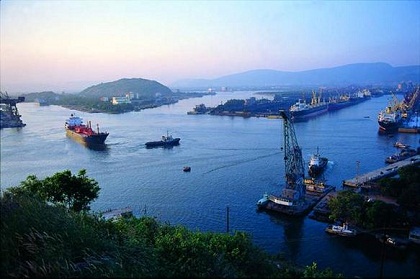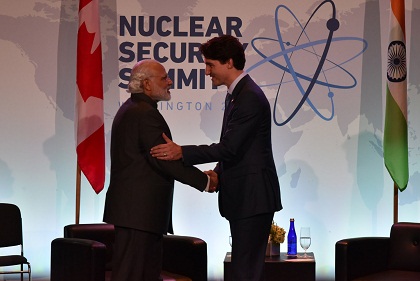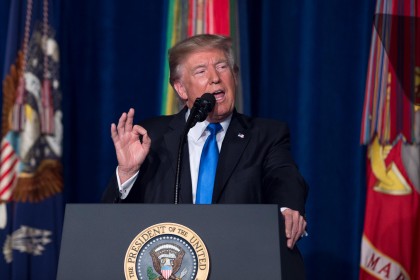Partition: those who stayed behind
Bombay’s Parsis, Bene-Israel Jews, and Goans settled in Karachi, Lahore and other cities and provinces that the British had annexed since the mid-19th century. The Partition of India in 1947 gave these minority communities the choice to stay or leave. The Bene-Israel left. The Parsis and Goans continue to have a presence in Pakistan









